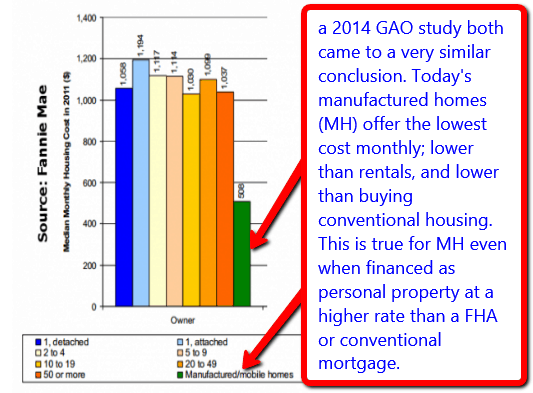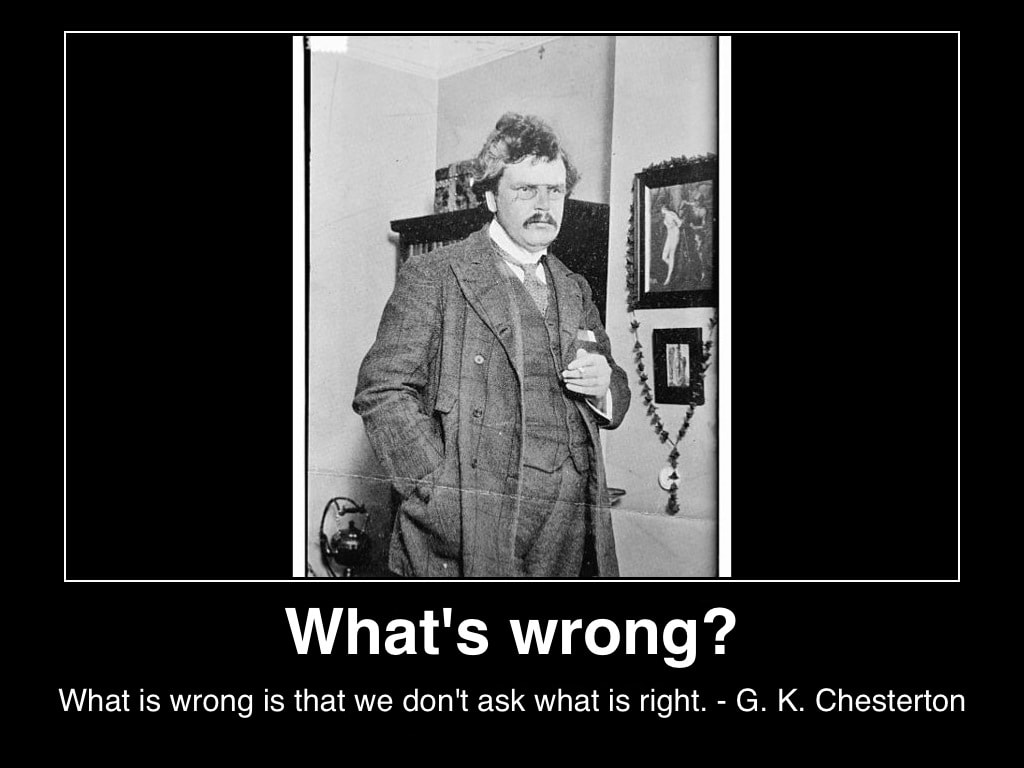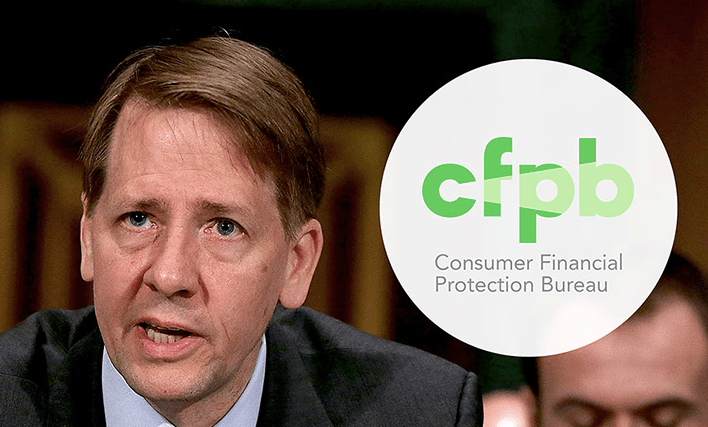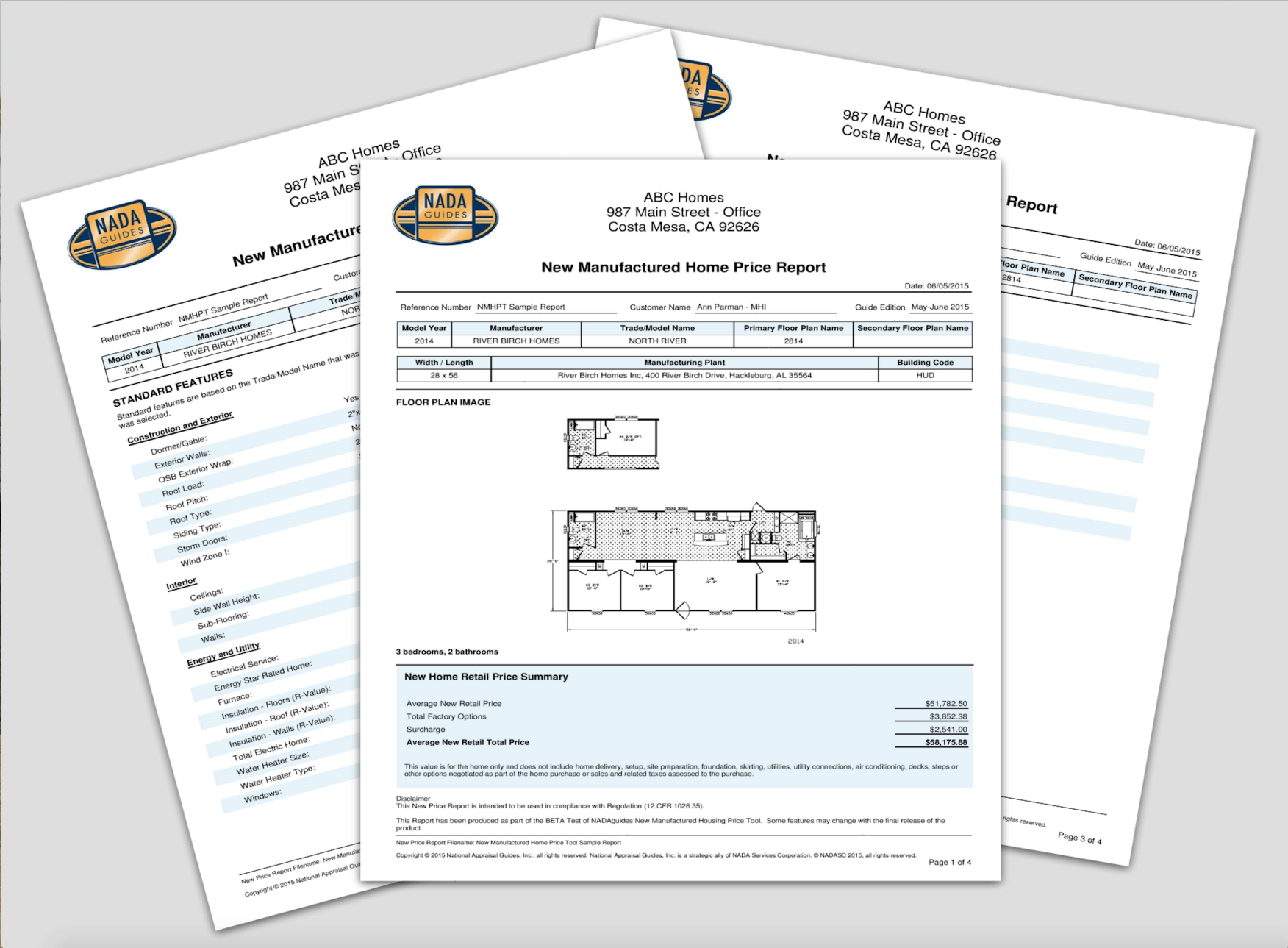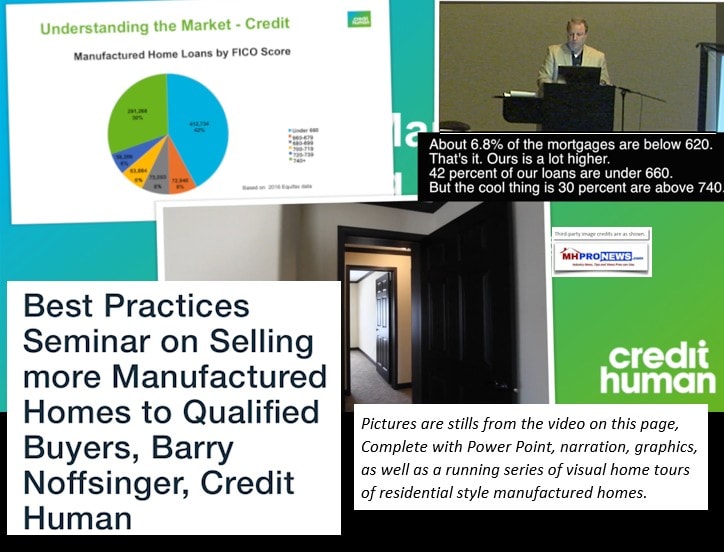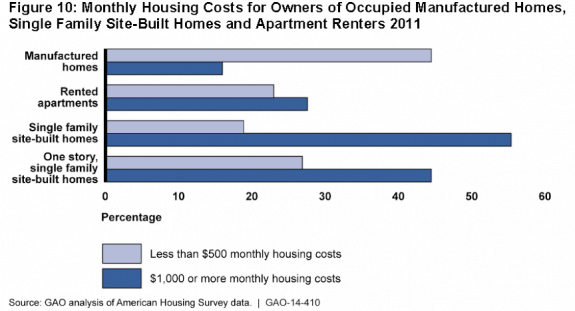
Every good story has at least one hook, and one hinge.
In the analysis of the controversial study on Climate, Tornadoes and ‘Mobile Homes’ that follows, we will focus on some hooks and hinges.
Was the MSU study ‘Hip and Hyped’ as well as ‘Misleading and Inaccurate?’
We’ll also spotlight exclusive admissions from Professor Mark Skidmore, direct quotes from a respected MSU economist. He, along with his colleagues, co-authored the study. Skidmore has made key revelations exclusively to MHProNews that undermined the sensationalized claims made in MSU’s multi-hook headline.
Let’s tease just one of several surprising Skidmore’s on-the-record, written admissions to MHProNews.
- “I think the benefits of manufactured homes are great,” Skidmore, the MSU economist said.
What? Is that the takeaway someone would find from the original MSU publicity piece that launched their “Climate Change, Tornadoes And Mobile Homes: A Dangerous Mix” report? (See link here.)
“I think the benefits of manufactured homes are great,” is just one of several admissions missing from MSU’s PR piece about their controversial report.
In fact, Skidmore’s quoted statement above is almost the opposite of what one would gather from reading their report.
What other surprises await that raise doubts about the hooks and hinges in their published research?
We’ll look at many of their key admissions, below. We’ll also consider the evidence provided by Dr. Tim Reinhold, Ph.D., Chief Engineer for the independent Insurance Institute for Business and Home Safety (IBHS), who sees manufactured homes as superior to many conventionally built houses in durability.
But next, we’ll briefly consider the climate change side of the controversy.
Because each of these elements is important to what was missed and/or overhyped in MSU’s publicity piece, the net effect is that it radically changes the meaning and exaggerated ‘danger’ claimed in their widely published report.
“IF…”
“If the climatologists are right about the continuing effects of climate change,” said Skidmore; and that first word “If” is one of several hinges to the provocative study that Mark Skidmore, Andy Henion and their colleagues at Michigan State University (MSU) hinges on. We note as the duo did the contributions of Jungmin Lim, a doctoral student, and professors Scott Loveridge and Robert Shupp, all with MSU’s Department of Agricultural, Food and Resource Economics.
Interestingly, RC Williams in a report published for MHLivingNews examined a report from Climate Depot, just days before Skidmore’s story was released.
Climate Depot provided data that question some of the findings of climatologists, and provides their statistical reasons why they find indicators at odds with other scientists (see that report, linked here).
There are passionate voices on both sides or the climate question. Each of those voices are backed up by their own set of special interest groups. So we don’t claim to be making any definitive statement on that topic, but we will shed some light.
For simplicities sake – let’s note for now that climate has always been changing. Humanity obviously influences their environment. That’s been true since the days the first human made a fire, hunted, fished, picked fruit, or grew crops.
We know the earth has gone through heating and cooling that – for example – some scientists say climate change killed off the woolly mammoth. So, without claiming to settle the debate about global warming/climate change and mankind’s impact on that issue – that first hinge – MSU’s opening “if” – is a significant one, and while popular, that isn’t as some say, ‘settled science.’
Are ‘Mobile Homes’ More Vulnerable to Tornadoes?
“That box [a manufactured home] is going to be built better than any [conventional] home, unless it’s built to hurricane standards,” said Dr. Reinhold, of IBHS.
What? How is that possible, when we’ve all seen photos of devastated mobile homes?
Precisely the point. Because ‘mobile homes’ and ‘manufactured homes’ are two different things. When MSU – or any other researchers – miss that point, they’ve skewed and flawed all of their research.
Skidmore admits the distinction between mobile and manufactured homes was not broken out in his research, because the Census Bureau data they used didn’t make a distinction according to the age of the homes, or if they were truly mobile homes or post-1976 code manufactured homes.
While Skidmore and his colleagues can blame the Census Bureau for that, isn’t there responsibility on the part of the researchers to check the accuracy of the data they were examining, to see if it may be misleading in various ways? Why didn’t MSU contact us, MHARR, or other industry experts, before publishing their study?
Below is a screen capture of part of the abstract from their apparently tainted, and thus questionable, research.
So, the hinge in the Skidmore and Henion’s headline of “mobile homes,” is a term that the researchers did not use with precession.
That is an important hinge, because there have been no mobile homes built in the U.S. in over forty years.
Skidmore’s Admissions
You can see the ‘raw material’ of the various published accounts, plus the emailed, on-the-record discussions, linked here and here. So there is no he said, she said. It’s all documented.
Mark Weiss, President/CEO of the Manufactured Housing Association for Regulatory Reform (MHARR), engineer Danny Ghorbani (prior MHARR President and CEO), and myself engaged Skidmore and his colleagues in emailed discussions.
Please note that we tip the hat to Skidmore for his candor. Because as the open-minded reader will see, their answers effectively undercut most of their own MSU research. Perhaps for that reason, they did finally call a halt to their engagement.
At that point, Weiss jumped in and said, “Mark, you stated last week that you would be happy to engage in such a discussion. Having set this episode in motion with hyperbolic language and some dubious assertions, I would ask that you please do respond to the questions posed by Tony Kovach, thank you.” No further response from Skidmore or MSU, as of the time of this publication.
We have reached out again, to encourage him and his fellow researchers to be a part of the solution in clearing up the confusion that their research – and in fairness, others like it – have produced.
The Key Bullets of What Skidmore Admitted

Quoting Skidmore:
- “I think the benefits of manufactured homes are great.”
- “I see them as filling an important niche in the housing market.”
- “Maybe it’s just the older mobile homes.”
- “Or maybe its improper tie downs.”
- “Or maybe is the improper additions you highlighted.”
- “Certainly there is variability in quality of manufactured housing…I’d be quite happy to live in some but others are shoddy.”
- “Perhaps additional analysis could help zero in on what is happening?? “
What’s happening – the last bullet – is this. There’s been no mobile homes built in the U.S. in 40 years. Manufactured homes aren’t mobile homes.
The issue of mobile homes safety and design were precisely what caused the industry to seek federal regulation, a fact that engineer and prior MHARR CEO, Danny Ghorbani has pointed out before, because he was witness to those early 1970s evolutionary events.
So, whenever weathermen, university, or researchers fail to make distinctions, false conclusions occur.
How Great is the Risk The MSU Research Has Hyped?
Let’s draw to a conclusion by looking at the facts on how many died in ‘mobile homes,’ per federal data.
In 2016, NOAA reported 12 tornado-related deaths in “mobile homes.” A 0.00000055% chance of dying in a tornado.
Rephrasing, the odds were 1,833,333-to-1 in your favor that you wouldn’t die in tornado in 2016.
How does that compare with other cause-of-death or serious injury incidents? Let’s look.
- For example, ASIRT.org says, “Nearly 1.3 million people die in road crashes each year, on average 3,287 deaths a day. An additional 20-50 million are injured or disabled. More than half of all road traffic deaths occur among young adults ages 15-44.”
- The CDC.gov says, “Cigarette smoking causes about one of every five deaths in the United States each year. Cigarette smoking is estimated to cause the following: More than 480,000 deaths annually (including deaths from secondhand smoke),” as of Dec 1, 2016.
- Per the uscgboating.org website, “In 2014, the Coast Guard counted 4,064 accidents that involved 610 deaths, 2,678 injuries and approximately $39 million dollars of damage to property as a result of recreational boating accidents.”
Far riskier than living in a ‘mobile home’ is using a bathroom. Seriously.
- The CDC reported in 2008 that in 2008, approximately 21.8 million persons aged ≥15 years sustained nonfatal, unintentional injuries (1), resulting in approximately $67.3 billion in lifetime medical costs.” 2/3 of those injuries were in the tub or shower, only 2.2% while entering or leaving a tub or shower.
- The Consumer Product Safety Commission issued a 2012 report on bathtub drownings. From 2006 to 2010, total deaths were 434 for an average of 87 per year. Since almost every residential dwelling has a tub or shower, that makes that part of a house, condo or apartment over 6 times more dangerous than being in a ‘mobile home’ during a tornado!
- The Chicago Tribune reported that in 2015, drug overdose deaths grimly broke past the 50,000 mark for the year.
So, there are many activities that are riskier than ‘mobile home’ living. Should safety precautions be taken? Yes, and when we report or do a video on this issue, we stress that every time. But those safety precautions would apply to conventional housing too.
The Sad Multi-Billion Dollar Impact of Flawed Research and Reporting
False impressions discourage many from realizing housing dreams with a manufactured home. Those ‘mobile myths’ costs businesses, investors, and taxpayers billions of dollars annually. It also costs renters the equity they’d build.
The federal, state and local governments have proven after 50 years of efforts to be unable to create enough subsidized housing for the millions who need a more affordable home.
The manufactured home industry has a tremendous, honest story to tell that requires no hype.
However, manufactured home enthusiasts and professionals must see that routine engagement is required with researchers, media, public officials, and the general public.
Without that ongoing engagement, others will continue to regurgitate misinformation that exists about mobile and manufactured homes.
CFED is among those consumer organizations that promote the value of manufactured home living, especially for those that the MSU study would call disadvantaged. Why? Because CFED knows that manufactured homes offer people with a lower income perhaps their best or only chance at owning a non-subsidized form of housing.
The bulk of the issues around what we’ll call the ‘mobile home myths’ is ignorance of the fact that mobile homes are no longer being built in the U.S. Manufactured homes, federally regulated, certified for safety, energy and durable construction, are what we’ve seen built in the last 40 years.
Manufactured homes can further be broken into two categories – entry level housing and residential style manufactured homes. Both will meet all of the safety standards. The residential style homes are attracting buyers among the upwardly mobile (pun intended), and frugal millionaires. Those buyers are making informed decisions before they buy a manufactured home.
MHLivingNews interviewed two engineers in Paris, TN. Each thoroughly studied their options. One of those had his home in a reportedly EF2 tornado. His conventionally built neighbor’s home had serious damage, collapsed roof, etc. His home had minor damage, even though a tree was ripped from his yard, just feet away from his home.
Again, we don’t claim manufactured homes are tornado or hurricane proof. What we do assert is that properly installed, and with proper add-ons, they are as or more safe than conventional construction. Engineers, not this author, are the ones who say so.
We will watch to see what MSU says in the aftermath of this and other reports on their incomplete, and thus tainted, research. We thank Mark Skidmore for his candor. We hope he’ll be part of the solution in clearing up the aftermath of this and related study issues. ##
(Image credits and videos are as shown, and when by third parties, are provided under fair use guidelines.)























